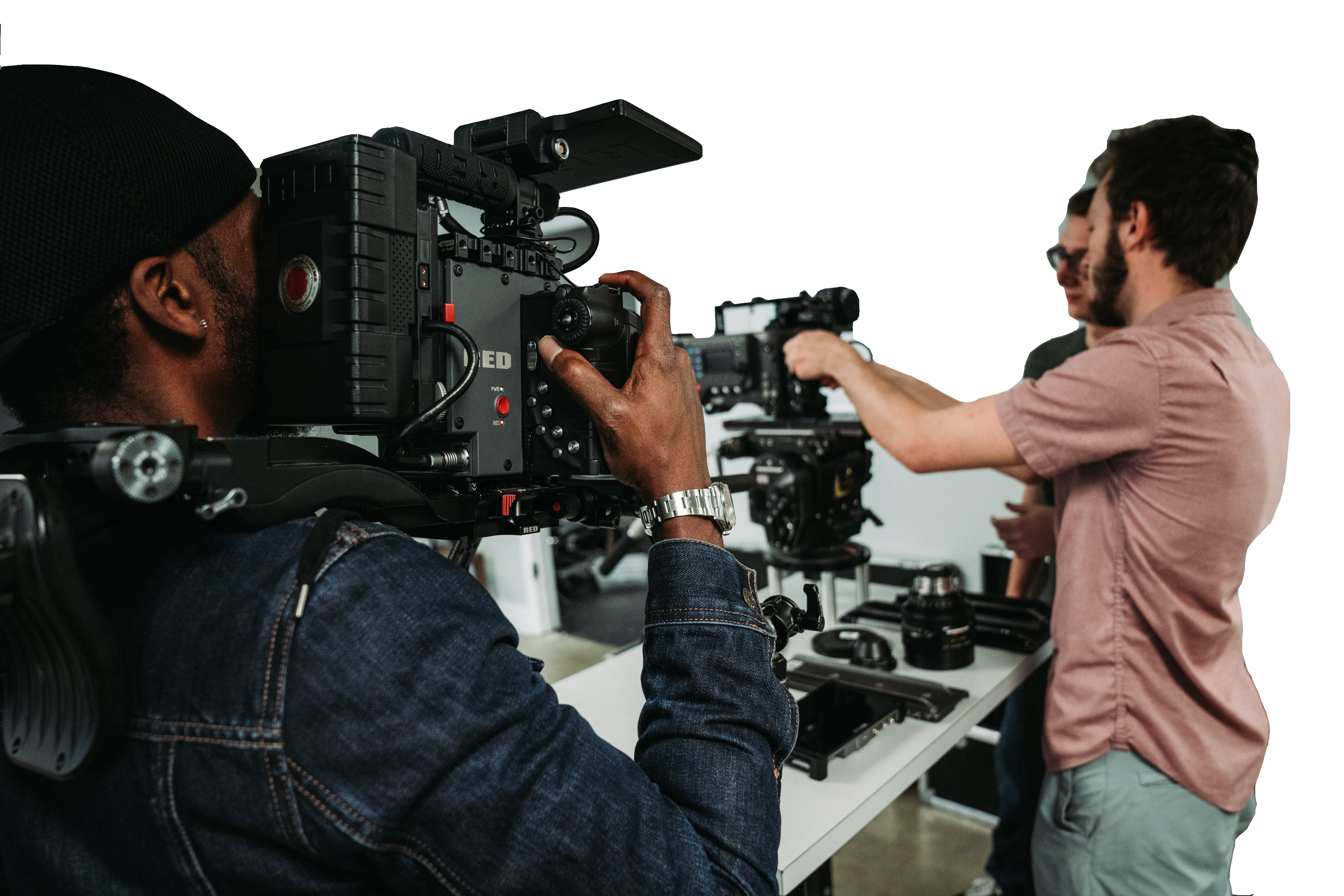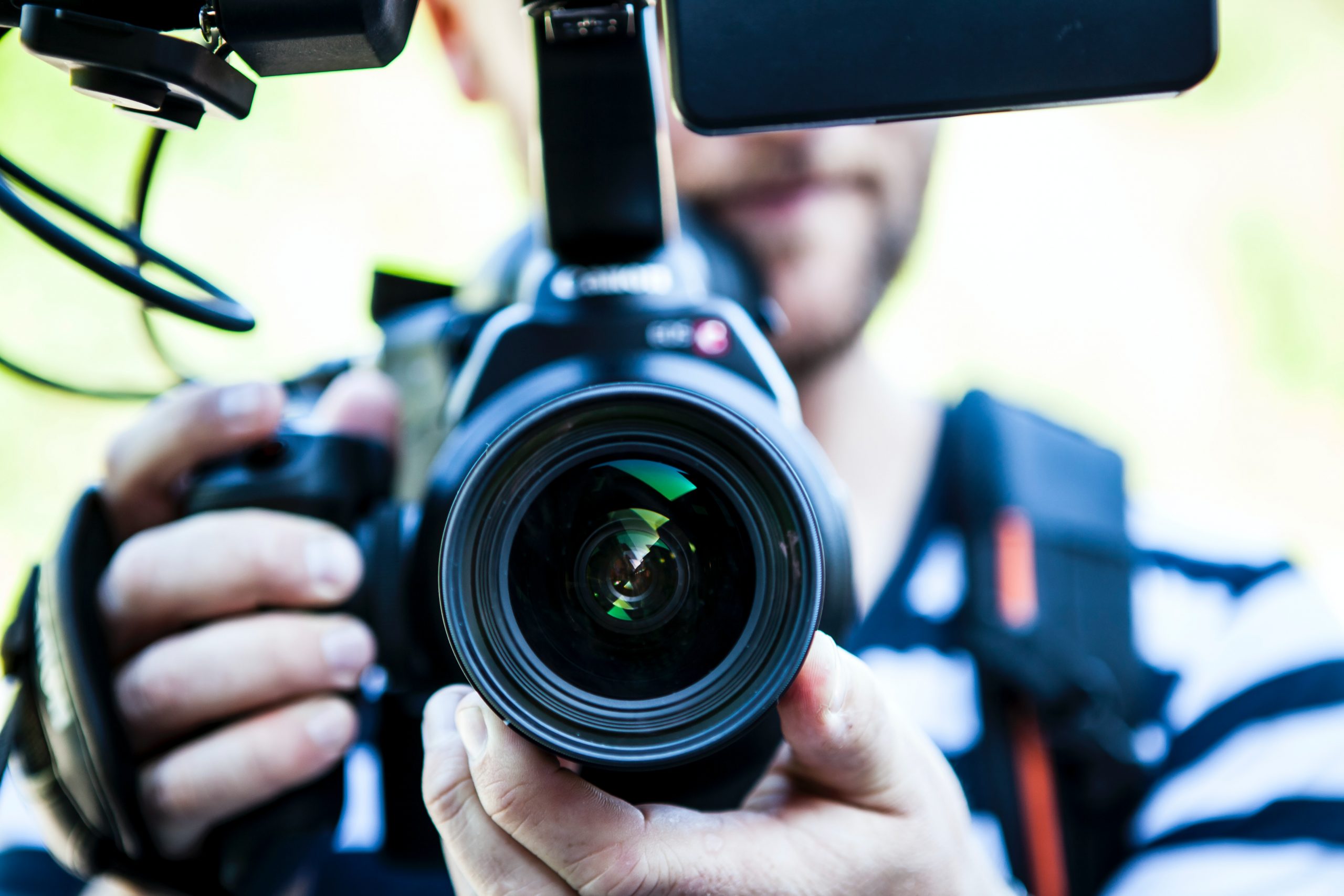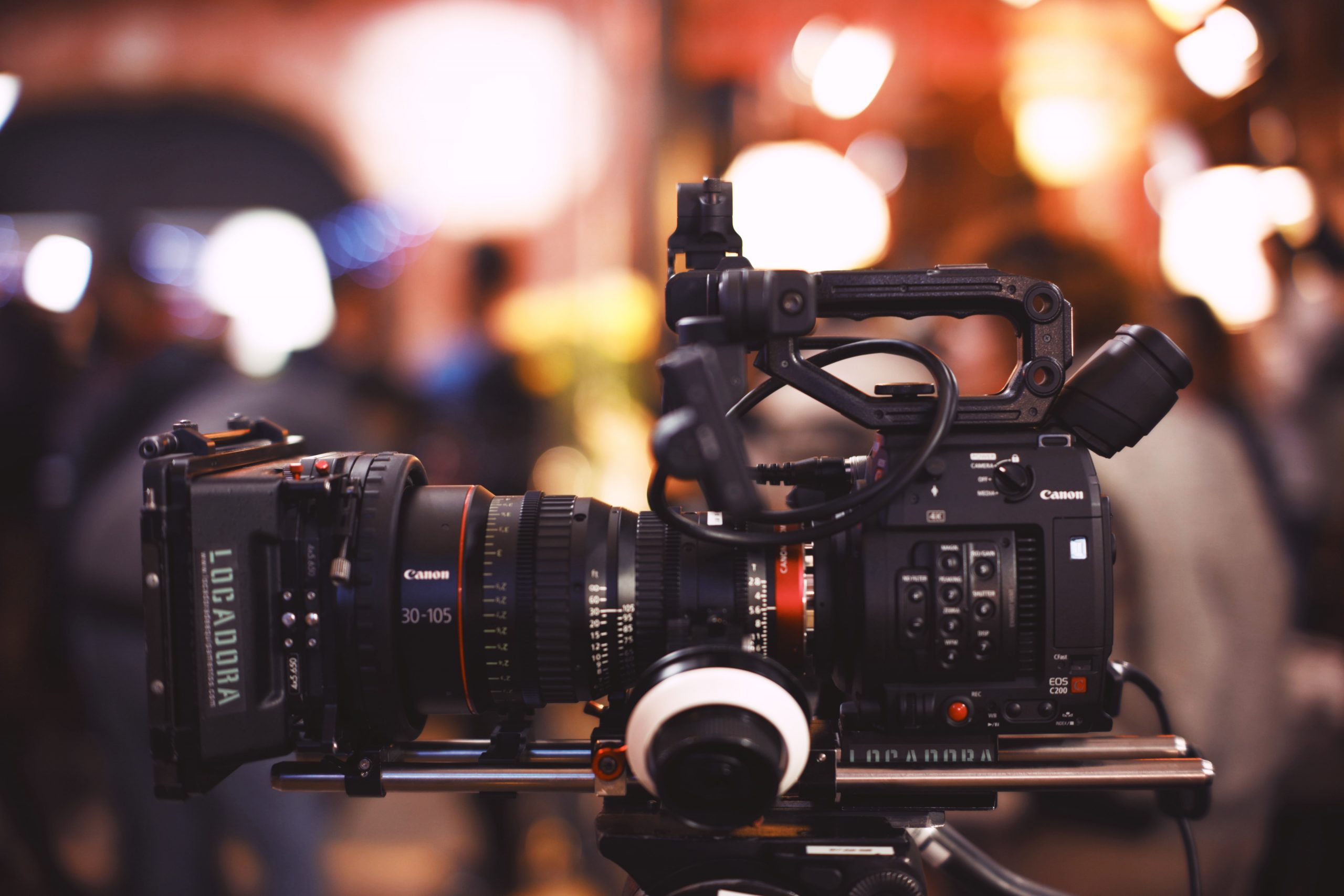The Three Stages of Video Production: From Concept to Screen
Video production is a complex process that involves meticulous planning, creative execution, and technical expertise. Understanding the three stages of video production is crucial for anyone involved in the filmmaking or content creation industry. In this article, we will delve into the intricacies of each stage—pre-production, production, and post-production—and explore the significance of each phase in bringing a video project to life. So, grab your director’s chair, and let’s embark on a journey through the world of video production!
1. Pre-production: Laying the Foundation for Success
The pre-production stage sets the groundwork for a successful video production. It involves a range of activities, including concept development, scriptwriting, storyboarding, casting, location scouting, and scheduling. During this stage, key decisions are made regarding the creative direction, visual style, and overall logistics of the project. Proper pre-production planning ensures that the production process runs smoothly, saving time and resources in the long run.
2. Production: Lights, Camera, Action!
The production stage is where the vision takes shape as cameras roll and actors perform. It involves capturing the footage according to the plans and preparations made during pre-production. The production team works together to set up equipment, light the scenes, direct the actors, operate the cameras, and record high-quality audio. Attention to detail and effective communication are vital during this stage to ensure that the desired shots are captured and the story is brought to life on screen.
3. Post-production: The Art of Polishing
Once the filming is complete, the post-production stage begins. This phase involves editing the footage, adding visual effects and graphics, enhancing the audio, and fine-tuning the overall presentation of the video. Skilled editors work closely with directors and producers to craft the final product. Color grading, sound design, music selection, and seamless transitions are just a few of the elements that contribute to the overall impact of the video. Post-production is where the raw footage transforms into a polished and captivating piece of visual storytelling.
Conclusion:
Video production is a multi-faceted process that requires careful planning, skillful execution, and creative vision. Each stage of the production journey plays a crucial role in bringing a video project to its full potential. Pre-production sets the foundation, production captures the magic, and post-production adds the finishing touches. By understanding and mastering each stage, filmmakers and content creators can produce high-quality videos that engage, entertain, and leave a lasting impression on their audience. So, embrace the art of video production, and let your creativity shine on the screen!


Freelance Videographer
Owner / Operators with gear
Interviews, testimonials, remote camera crew
Small 1-4 person crews
Fast paced, multi-talented, jack-of-all trades to get fast projects done with minimal expenses
More Details
Videographers focus on smaller productions like documentaries, live events, short films, legal depositions, weddings, birthday parties, sports events, commercials, and training videos.
For smaller productions, a videographer often works alone with a single-camera setup or with a small team of light technicians and sound technicians.
How much should you pay for your videographer? It really depends on what you’re looking for – but expect to pay between $700/day on the low end to $2500/day on the higher end + rental costs for the gear you’re wanting.
What does rental cost?
LensProToGo and BorrowLenses are great online rental places to get an idea for the gear rental costs may be. Expect $200-500/day for gear depending on whether you only need the basic DSLR or a Red – plus lenses, tripod or gimbal – lights (or 3, 4, 5?) – laptop to transfer footage – etc… All those pieces of gear add up to your “kit fee”. Don’t worry – most videographers include a basic kit that’s actually much less than renting all of the pieces in the kit individually – and you don’t have to actually rent it – they bring it all and manage it all.

Freelance Director of Photography (DP)
Experienced and Professional
TV Commercials, Corporate Video Production, Web Streaming Series, Feature Films
Medium to large crews: 2-9 people
High stakes projects, they have their own style of work, ample previous sample work, and they ensure a consistent "look" in the end video.
More Details
A DP is responsible for capturing their style, look, or feeling into the video project. They are often hired because of their unique approach to visual storytelling and filming – and the company hiring them want to ensure the quality of their video lives up to a higher standard of work than merely hiring a freelance videographer. This is not a knock against a freelance videographer – they just have different skillsets.
They are experts in their field.
A DP focuses on achieving a specific look – and the specific lighting and movement it takes to achieve said look. They typically spend years (or decades) training to develop their style and they often work with camera operators, 1st AC, 2nd AC, grip and gaffers to light the scenes the way they need to achieve those looks. That’s why they are often used more-so on larger productions. Smaller video production projects with smaller crews often don’t have a budget for just a DP.
Some DP’s will also operate a camera if budget is tight – so you can have a DP / Director / Shooter – but they will almost certainly require at a minimum of a dedicated assistant or 1st AC to help with the technical side of their technical duties with high end cinema cameras.

Freelance Director (or Producer)
Support when you need it
Talent or Client Interface, Shoot Organizer
Small to Large Projects Alike. Large projects may have multiple of these roles
These are the people that bring everything together and keep everything moving smoothly
More Details
Depending on a director’s goals, a good film director has a function that helps push that goal into reality. For example, a director might work exclusively with actors whereas a producer helps coordinate the entire project.
On smaller projects, a director may be directing everything going on that day.
In most cases, a good director will always prep the client (on corporate video projects) and prep the talent. They’ll review the plans, the goals for the shoot, the script or potentially questions (if doing a testimonial, interview, or talking head).
They will run through the plan for the shoot – the flow of things – including alternative plans if things don’t go as planned.
This verbal runthrough is like a dressrehearsal or test to ensure everyone feels comfortable on-set.
Even small corporate talking-head type projects or customer testimonials will still appreciate a director who walks the talent through a little rehearsal to remind them of how things will go.
In the beginning – a director can be brought in to help plan a project and can suggest a good DP (director of photography) or crew they’ve worked with.
A good director will see your project all the way through to the end – and even when sideballs come flying – they’ll calmly make sure the talent, client, and everyone involved get what they need.
How do you find a great videographer?
The best freelance videographer is the one who not only understands how to tell a story, but also how to tell a story visually.
Top Quality Talent
We hand pick and interview every camera crew that we recommend on this platform. Only a small percentage make it on Freelance Videographer .net
Creative Camera Crews
Whether you need just a freelance videographer or a full camera crew – we’ve got the talent to bring your project to life
24/7 Crews
We’ve got crews ready to cover your stories at all times of the day.
Nationwide - USA & Canada
Whether your project is in Alaska or Atlanta, Nova Scotia or British Columbia, we’ve got someone. Many of our partners are not listed, message us.